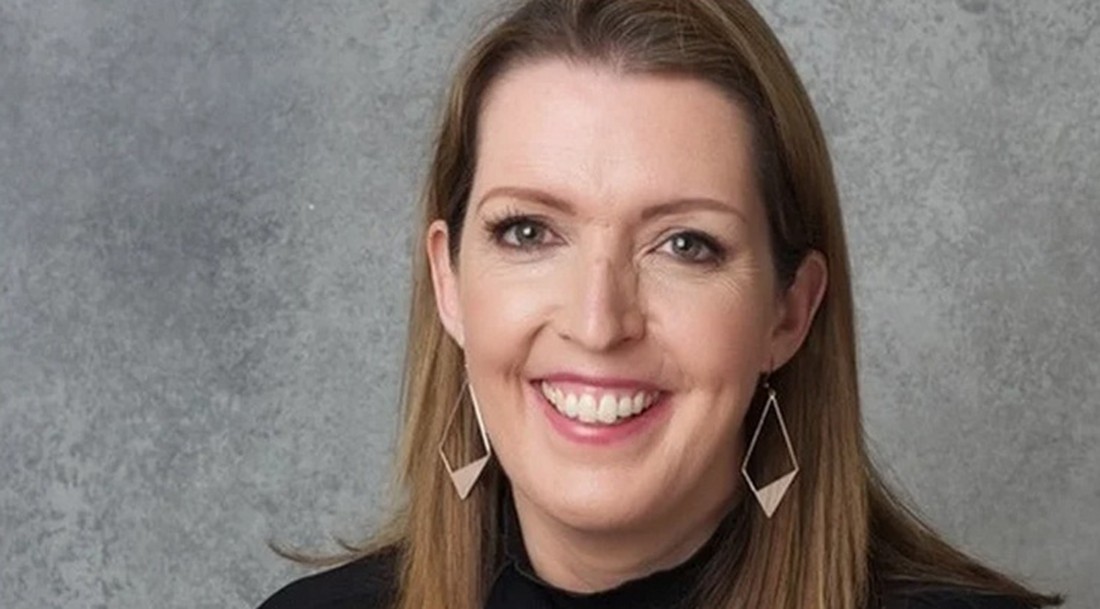By Ruth Coppinger
A figure like the late Vicky Phelan and the incredible impact she came to have throughout society probably happens only once in a generation. An ordinary person who became a victim of a state and corporate medical scandal, Vicky possessed qualities that led to her exposing the issue for hundreds more women directly affected and ultimately to changing things for women in Ireland in general. She was a symbol for how women could be brutally treated by both the state and private corporations, but could also fight back and challenge the system.
A neoliberal scandal
Vicky was in many ways a very ordinary woman, worker and mother whose life experiences mirrored thousands of others. But the steeliness, determination and integrity she showed since learning of her diagnosis of terminal cervical cancer were extraordinary. It was 15 months before Vicky was even told of her diagnosis and what had caused it, as doctors and Cervical Check argued about who had the responsibility to divulge the information. Doctors not telling women the truth was to prove a pattern in this scandal. Mandatory disclosure to patients still hasn’t been legislated for.
At the root of the Cervical Check debacle was the decision by a Fianna Fáil / Green Party / Progressive Democrats government in 2008 to outsource laboratory testing to private labs thousands of miles away in the US, rather than be done through a public health system in Ireland.
It fitted with the neoliberal outlook of Fianna Fáil, and PD Minister for Health Mary Harney. It was to emerge later that in February 2008 Minister Mary Harney, her husband and civil service entourage went to various cities to visit a number of private health facilities before awarding the contract to Quest Diagnostics. The trip cost €190,000 including €11,000 on hotel bills and almost €3,380 on food and drinks.
Screening is never 100% effective, but these labs’ methods were less rigorous and led to repeated false negatives for many women – who might now be alive and well if detected, as early treatment of cervical cancer is very effective. The politicians were forewarned by a number of medics and cytologists.
A voice for all women
Vicky knew she was not the only one victim and, admirably, refused to sign a non-disclosure agreement. From the moment her voice was heard outside the court that day in 2018, Vicky stepped into a very public space, becoming not just the voice for women with cervical cancer, but for women in Ireland generally, a state with a long, grim and consistent record of misogyny and mistreatment of women – and one which continues to this day, particularly strongly in relation to working-class women.
Paternalism and medical misogyny were hallmarks of this scandal and Vicky was determined to challenge mainstream medical advice and seek out the best life-enhancing drugs and treatment for herself and others.
I met her in the Dáil one such night when she was campaigning to get access to the Pembro drug for other women. The debates around the new abortion legislation were also taking place. Vicky had, typically, stepped into the Repeal debate during the referendum, arguing for bodily autonomy and the right of women to make their own decisions – a timely and important intervention for the Yes side given her newly-acquired influence and huge popularity then. In the chat with Vicky about our respective work in the Dáil that night, she encouraged me regarding the legislation and was thankful for what I was doing. That was a huge honour.
Vicky was to take a strong stance around the death with dignity issue also.
A thorn in the side of the establishment
There is no doubt that the campaigning of Vicky Phelan – and others of course – forced the establishment parties to carry out a review of the Cervical Check programme which identified major errors and has led to huge improvements. That work has saved lives. But while the establishment parties, Fine Gael, Fianna Fáil – and those who prop them up in governments – talk about how much they admire Vicky Phelan, the reality is they prevaricate, place barriers and make women still take costly and time-consuming legal actions to get their rights vindicated.
Leo Varadkar was Taoiseach when this scandal first broke and promised that women would not have to go to court – yet they did. The 221 group is still being given the runaround by the state. Most of those responsible for the “medical misogyny” that Dr Gabriel Scally found, paid no price. The Chief Medical Officer stayed in the post and went on to be CMO during Covid. The head of Cervical Check made an outrageous statement about litigious women seeking money and she too stayed in her post. The head of the HSE at the time was forced to resign.
Forcing victims (regardless of gender) to fight the state through the courts rather than admitting liability is the modus operandi still of this state. That, or pitiful redress schemes. Just look at the recent treatment of Mother and Baby Homes adoptees and survivors. And on the day of Vicky Phelan’s death the Taoiseach said survivors of sexual abuse in Blackrock College and other schools would have to do the same. (This is despite the fact the state had a duty of care to all children, and ultimately funded these private schools).
Continue her fight
I’ve heard people comment when they see the state once again throw barriers in front of those seeking justice, ‘do they never learn?’ This is to assume what they do is somehow accidental and misguided. It is a conscious and consistent strategy. The establishment will always protect privilege, profit and authority every time – unless they really are left with no choice.
Vicky’s words following the death of another cervical cancer campaigner, Ruth Morrissey, have resonated with so many. She said she didn’t want politicians’ words or condolences or representatives at her funeral, she wanted action while she was alive to see it.
Vicky was a victim of a misogynistic state and a profit-driven corporation. The best way to honour her memory is to take up the fight against misogyny, oppression and injustice in all its forms under capitalism, and the system itself, – so that scandals like this don’t occur again and again.












